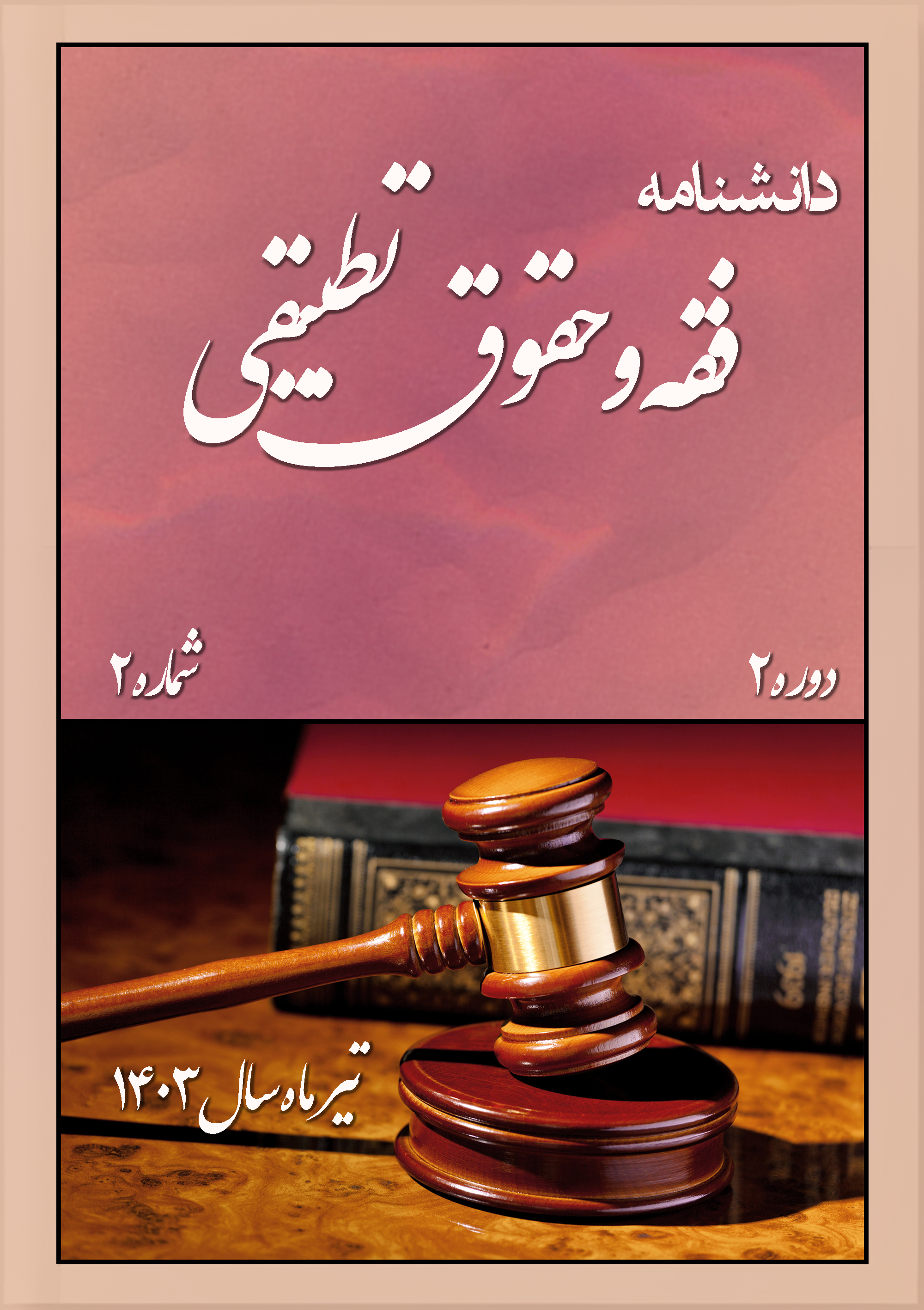The Role of Criminal Law in Combating Terrorism and Its Impact on Security Policies
Keywords:
Terrorism, Criminal Law, National Security, Security PoliciesAbstract
Terrorism has been one of the fundamental challenges to national and international security in recent decades, and confronting it has become a serious concern for governments. In this regard, criminal law, as one of the legal instruments for combating terrorism, plays a significant role in addressing this phenomenon. Although the primary function of criminal law is to punish offenders and maintain social order, the political and complex nature of terrorism can distance this field from its fundamental principles, such as justice, equality, and legality, thereby exposing it to potential political misuse. Nevertheless, compared to alternatives such as war or purely security-based measures, criminal law is considered a more legitimate and effective option due to its legal characteristics, procedural transparency, and adherence to human rights. This legal tool can also provide a framework for better coordination of security policies with democratic principles. Accordingly, the optimal strategy for combating terrorism is to establish a comprehensive and multilayered approach in which criminal law is employed alongside other political, security, cultural, and economic instruments, ensuring that public security is preserved while preventing violations of fundamental legal principles and civil liberties.
Downloads
References
Abdollahi, M. (2014). The Consequences of the September 11th Events on the Fight Against Terrorism. Monthly Law Journal(1), 83.
Ackerman, B. (2004). The emergency constitution. Yale Law Journal, 113. https://doi.org/10.2307/4135710
Adam, A. (2009). Combating Terrorism; A Comparative Study of the European Union and the United States. NAJA Ideological-Political Organization.
Albrecht, H.-J. (2006). Terrorism; Risk and Legislation. Specialized Quarterly of Jurisprudence and Law, 3(11).
Amnesty International. (2021). Turkey: Law no. 7262 - A tool for silencing civil society. Amnesty Reports
Arefi. (2018). Balancing National Security and Individual Freedoms in the Light of Combating Terrorist Crimes Shahid Beheshti University].
Arefi, M. (2017). The Discourse of the Legislative and Executive Criminal Policy of the Islamic Republic of Iran in the Light of the Law on Combating the Financing of Terrorism and its Executive Bylaw. In Abstracts of the International Conference on the Legal-Criminological Dimensions of Terrorism. Allameh Tabataba'i University Publications.
Braithwaite, J. (2002). Restorative justice and responsive regulation. Oxford University Press. https://doi.org/10.1093/oso/9780195136395.001.0001
Dershowitz, A. (2002). Why terrorism works? Yale University Press.
Dworkin, R. (2002). The threat to patriotism. New York Review of Books.
Flory, M. (2005). International Law as a Tool for Combating Terrorism. In Terrorism; Legal Discourse. Nay.
Garland, D. (2001). The culture of control: Crime and social order in contemporary society. University of Chicago Press. https://doi.org/10.7208/chicago/9780226190174.001.0001
Gross, O. (2001). Cutting down trees: Law-making under the shadow of great calamities. In R. J. Daniels, P. Macklem, & K. Roach (Eds.), The security of freedom: Essays on Canada's anti-terrorism bill. University of Toronto Press. https://doi.org/10.3138/9781442682337-004
Gross, O. (2003). Chaos and rules: Should responses to violent crises always be constitutional? Yale Law Journal, 112. https://doi.org/10.2139/ssrn.370800
Haddon, W. (1972). A logical framework for categorizing highway safety phenomena and activity. Journal of Trauma, 12. https://doi.org/10.1097/00005373-197203000-00002
Haji-Jabbari, J. (2018). An Assessment of Iran's Legislative Criminal Policy in Combating and Financing Terrorism Islamic Azad University, Safadasht Branch]. Faculty of Humanities, Law Department.
Hakimiha, S. (2006). Terrorism in Iranian Criminal Law and International Instruments Tarbiat Modares University].
Hatami, M., & Haji-Zadeh, M. (2014). A Review of the
Downloads
Published
Submitted
Revised
Accepted
Issue
Section
License
Copyright (c) 1403 صادق نویدی

This work is licensed under a Creative Commons Attribution-NonCommercial 4.0 International License.










